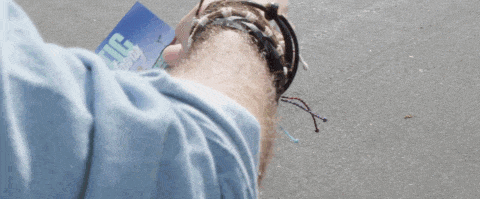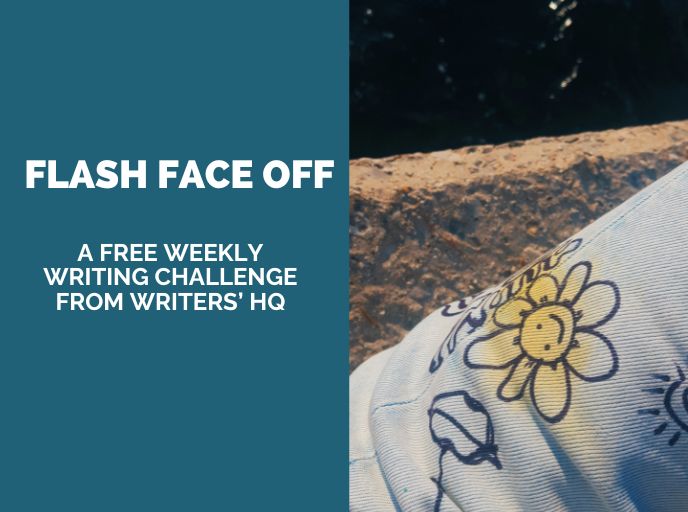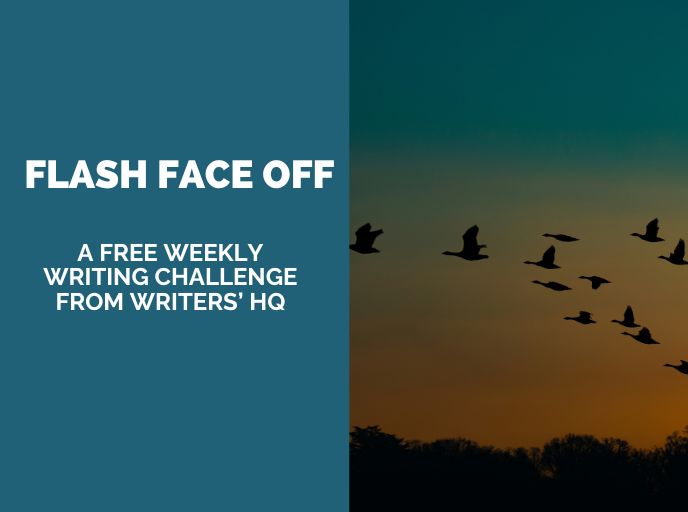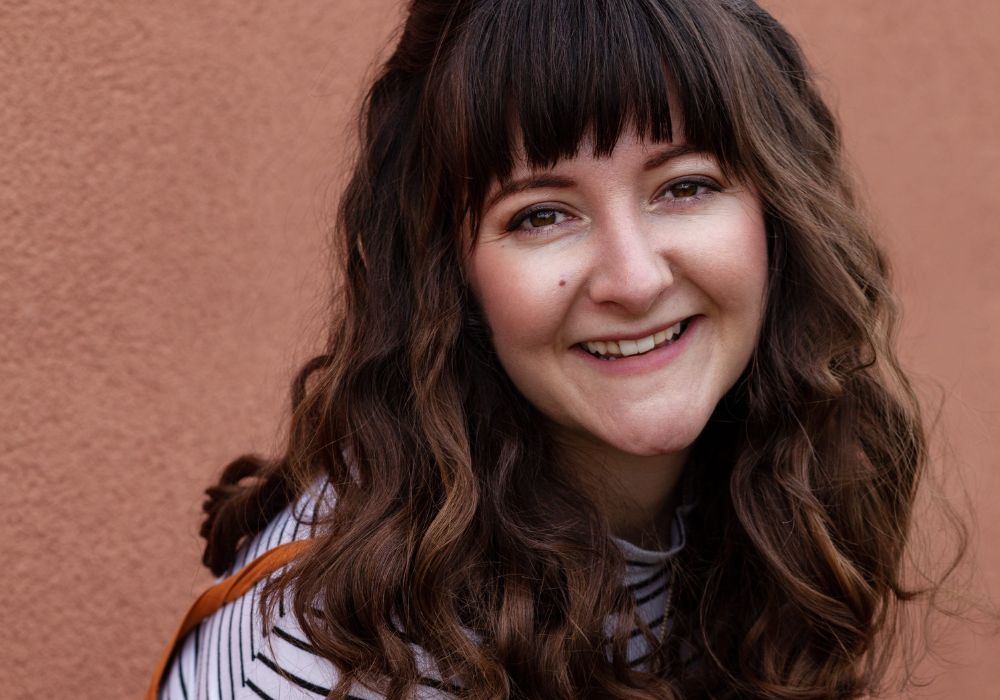
I don’t know about you, but I have found it increasingly difficult to write lately. Trying to come up with new ideas feels like a root canal performed by a sadistic dentist. But the one form of writing I’ve found much less of a barrier is journaling. It’s a great way to exercise your creative muscles without the pressure of trying to write something tangible or polished. There are no rules—it doesn’t have to be prose or poetry or whatever form you normally write in—you never know what you might unearth, but the key is to have fun with it.
It doesn’t matter how incoherent, sweary, miserable or imperfect the words are as nobody else gets to read them and I’m not allowed to be judgemental (which is bloody hard but I’m getting better at it). I’ve also stopped telling myself I should write a page a day; I got bored of being hugely disappointed in myself when it got to five to midnight and I hadn’t done it (again). Instead, I escape into my journal when I feel I need a time-out. Just me, myself and I.
Sometimes we need to be reminded that as writers we can escape into our own worlds whenever we want—the ones we create in our minds and transfer onto the page—and journaling is the perfect way to do that.
So. Here’s my proposed escape plan for whenever you need your own De La Soul moment:
- Grab your journal or notebook.
- If you’re living with other humans, tell them you’re escaping for a short while–they owe it to you to pretend you’ve left the building.
- Find a quiet space if you can (anywhere really: bathroom, wardrobe, under the bed…)
- Optional: put on some chilled, non-distracting music (ideally listen through headphones so you can block out any other noise).
- Choose one of the exercises below (or do both if you feel like a longer escape session).
EXERCISE 1: WRITE A POSTCARD
- Take a moment to think about a place you would like to visit right now.
- Write yourself a postcard from this place.
- What makes it special? How does it make you feel? Are you there alone or with someone else?

EXERCISE 2: A VISUAL ESCAPE
Using an image to kick off your journaling escape session can be a great way to tap into your imagination and practise some sensory description.
- Go to Unsplash, which is a great source of free photographs. Think of somewhere you’d like to escape to and stick it in the search bar – it might be a broad description (eg: city, beach, nature) or somewhere specific – it’s up to you. Then select a photograph you’re drawn to. (Try not to agonise too much about this part! Go with your gut.)
- Take a few minutes to look at the picture and imagine yourself there.
- Set a timer for 15 minutes and write without stopping. Be as detailed and elaborate as you can. What’s the weather like? What time is it? What season? Are you there alone or with someone? What can you hear and/or smell? How did you get there?

You can do these exercises over and over, whenever you need to step outside reality for a while and take your mind somewhere else. (Or join us for one of our online journaling sessions for more prompts, inspiration, and guidance.) And remember, journaling is both a form of writing practise (with no pressure to be perfect) AND a practice in its own right. You’ve succeeded simply by sitting down and having a go.
Now, before I let you escape, I want to leave you with a poem titled ‘Poem’ by Ron Padgett from the film Paterson, as I think it sums up perfectly how as writers we can be in another place without having to physically go there…
I’m in the house
It’s nice out
Warm
Sun on cold snow
First day of spring
Or last day of winter
My legs run up the stairs
And out the door
My top half here writing








